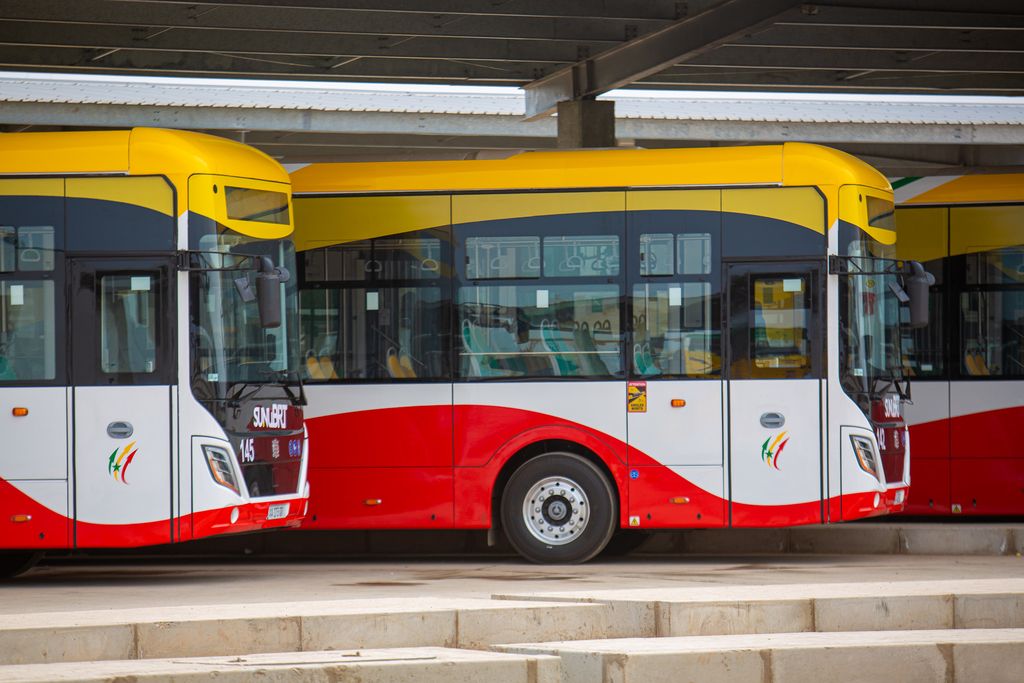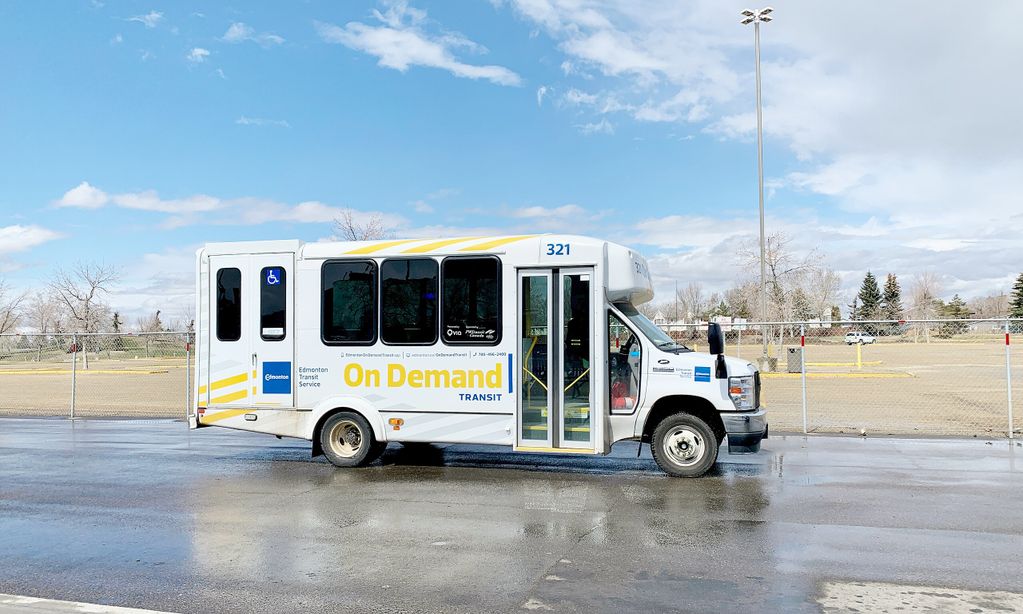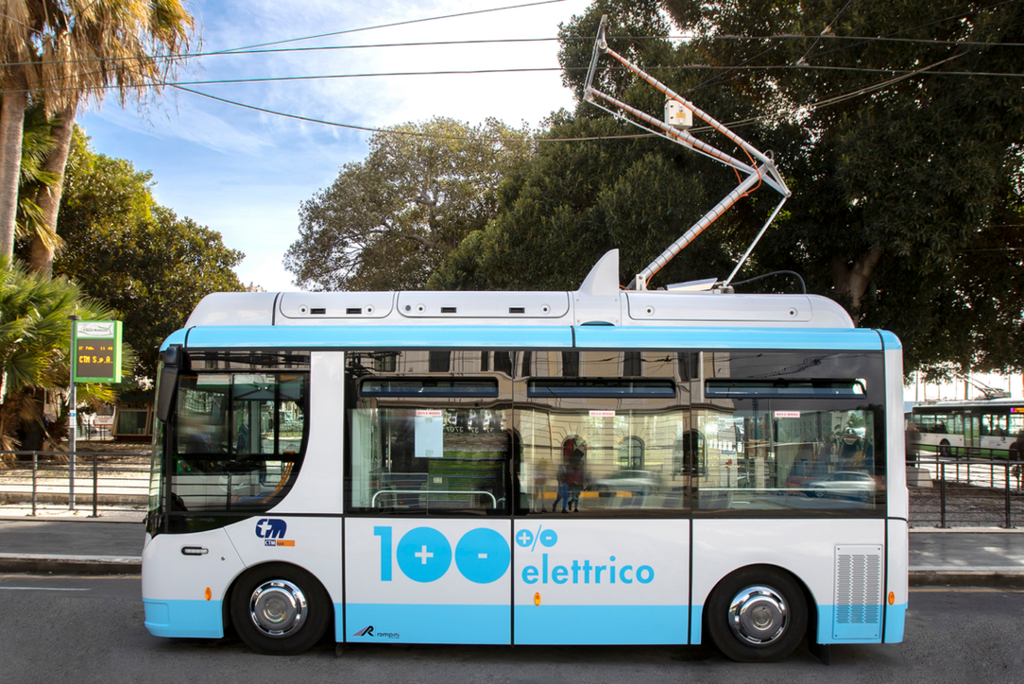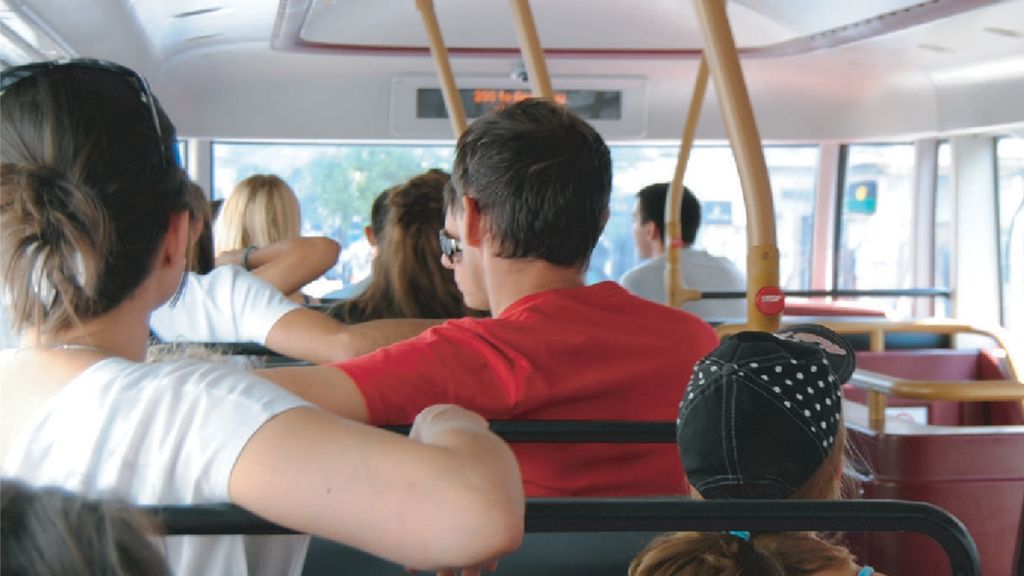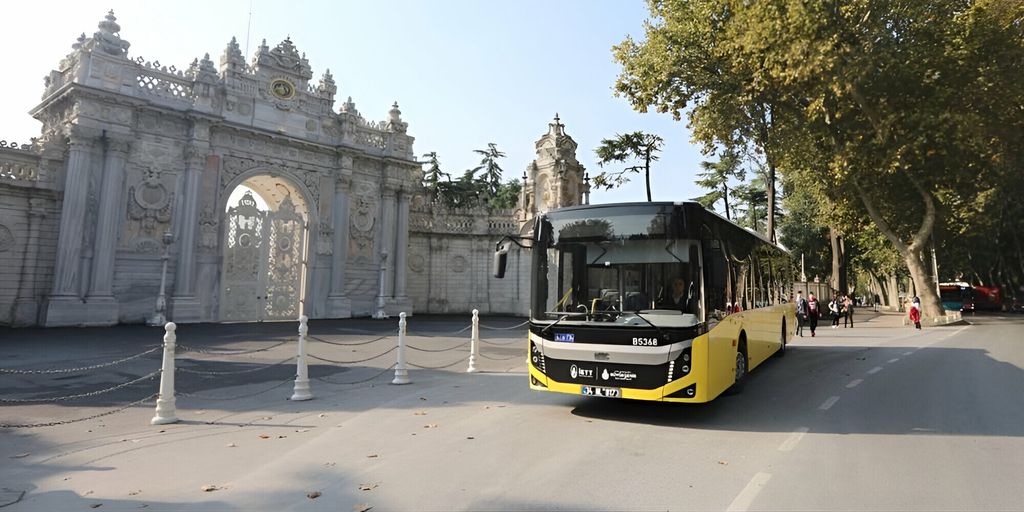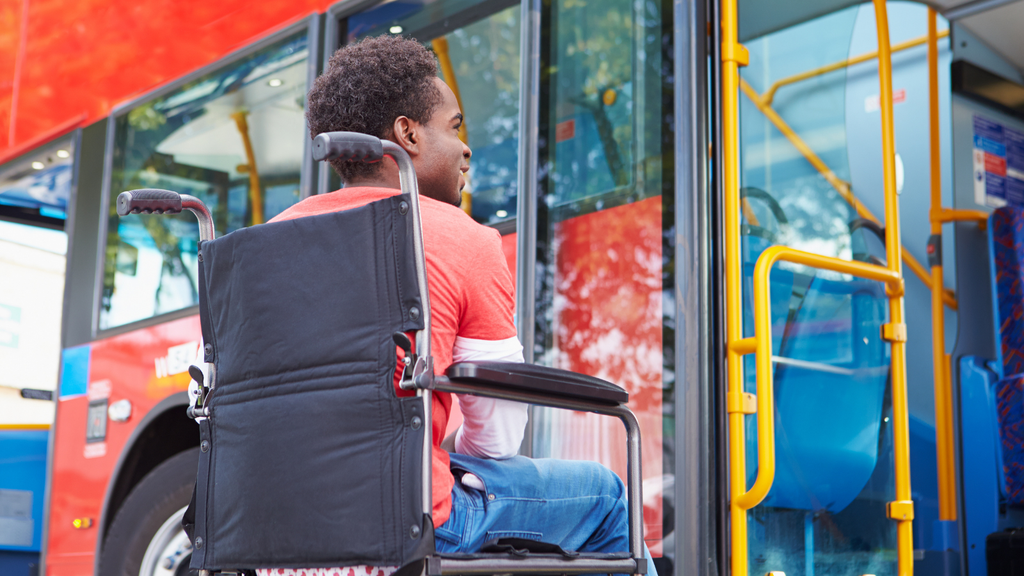
UITP delegation proposes crucial accessibility amendments to UN bus construction regulation
The UITP Bus Division spoke at the United Nations in Geneva in an effort to bolster the accessibility of public buses for all users. They proposed amendments to the UN Regulation 107 on the manufacture of buses.
Despite advancements since the European Bus Directive of 2001, and many passengers experience more accessible journeys, some passengers with restricted mobility still grapple with accessibility issues. Inconsistencies in interpretation amongst bus manufacturers have exacerbated the problem.
After collaborating with various accessibility assessment associations and conducting real-world tests, it became clear that even buses that adhered to the latest regulations could still pose challenges for these passengers.
These proposed changes revolve around five pivotal areas:
- Bus Identification: Improving the overall contrast between the bus and its surrounding urban environment to enhance visibility.
- Bus Entry: Amplifying the contrast between the doors and the body of the bus, ensuring easy and clear entry.
- Space Identification: Clear demarcation and easy identification of spaces within the bus.
- Information and Safety: Offering a comprehensive informational and safety protocol during journeys.
- Exit of the Bus: Ensuring easy and safe exits for all passengers.
The delegation included Arno Kerkhof UITP Head of Bus Transport Unit, Ana María Vieitez Vivas from TMB in Barcelona, Spain, and Christophe Martin from TEC in Namur, Belgium. They presented the collective findings and recommendations to the United Nations.
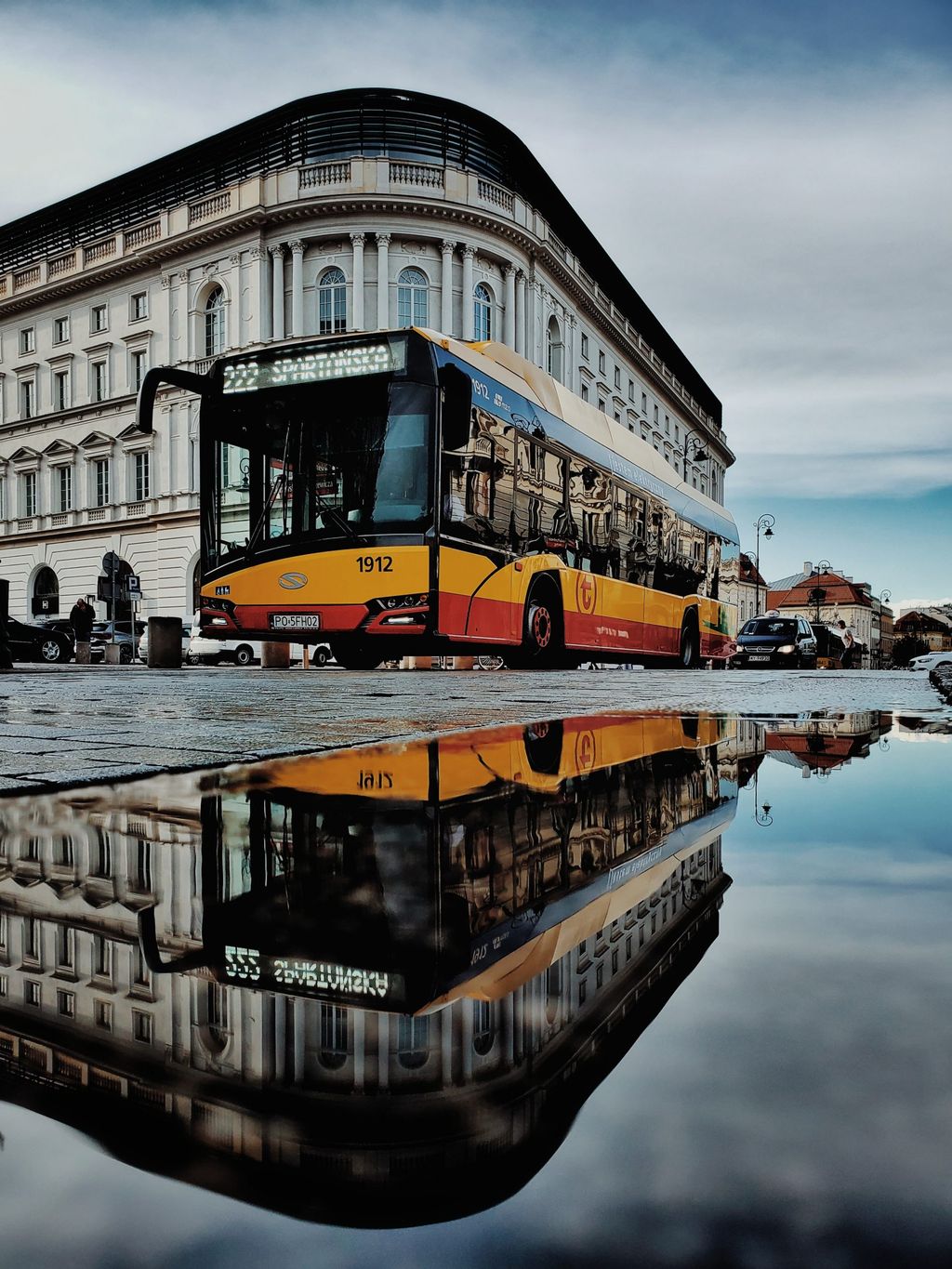

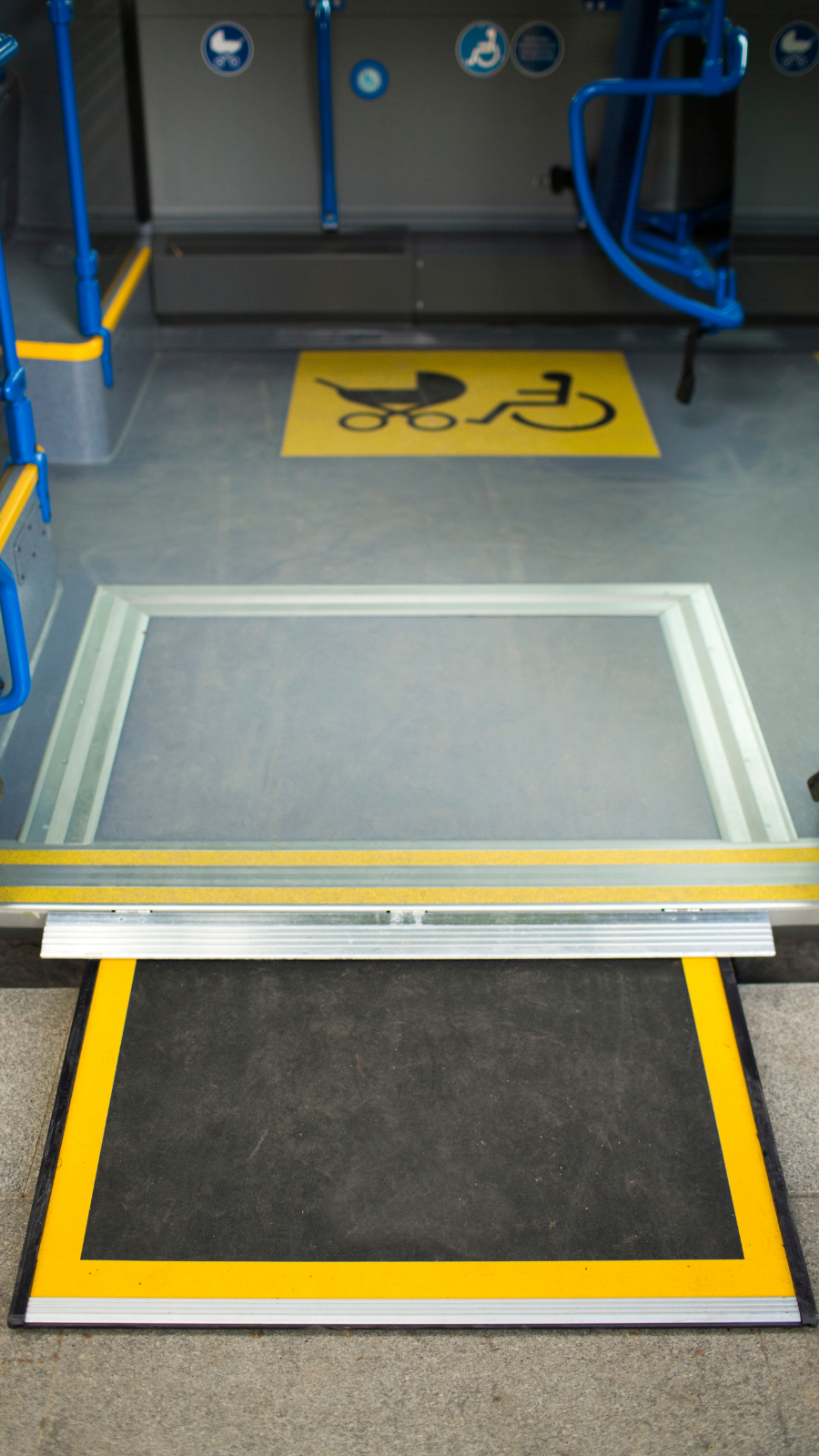
A crucial amendment
Accessibility in public transport is not just about physical movement. It’s about social inclusion, equitable opportunities, and enhancing the quality of life. As urban centers continue to grapple with the ramifications of the 2008 financial crisis and the disruptive aftermath of the 2019 COVID pandemic, buses have emerged as a versatile and inclusive mode of urban transportation. They not only offer solutions to current energy, climate, and social challenges but also integrate seamlessly with other transit modes.
The proposed amendments to Regulation No. 107 aim to make buses universally visible within urban landscapes. By adding recommendations around contrast, technical provisions related to internal passenger movement, and modernizing certain pictograms, UITP hopes to standardise global service recommendations. These proposals, developed in consultation with manufacturers, aim not to inflate costs but to standardise and enhance accessibility features, promoting inclusivity.
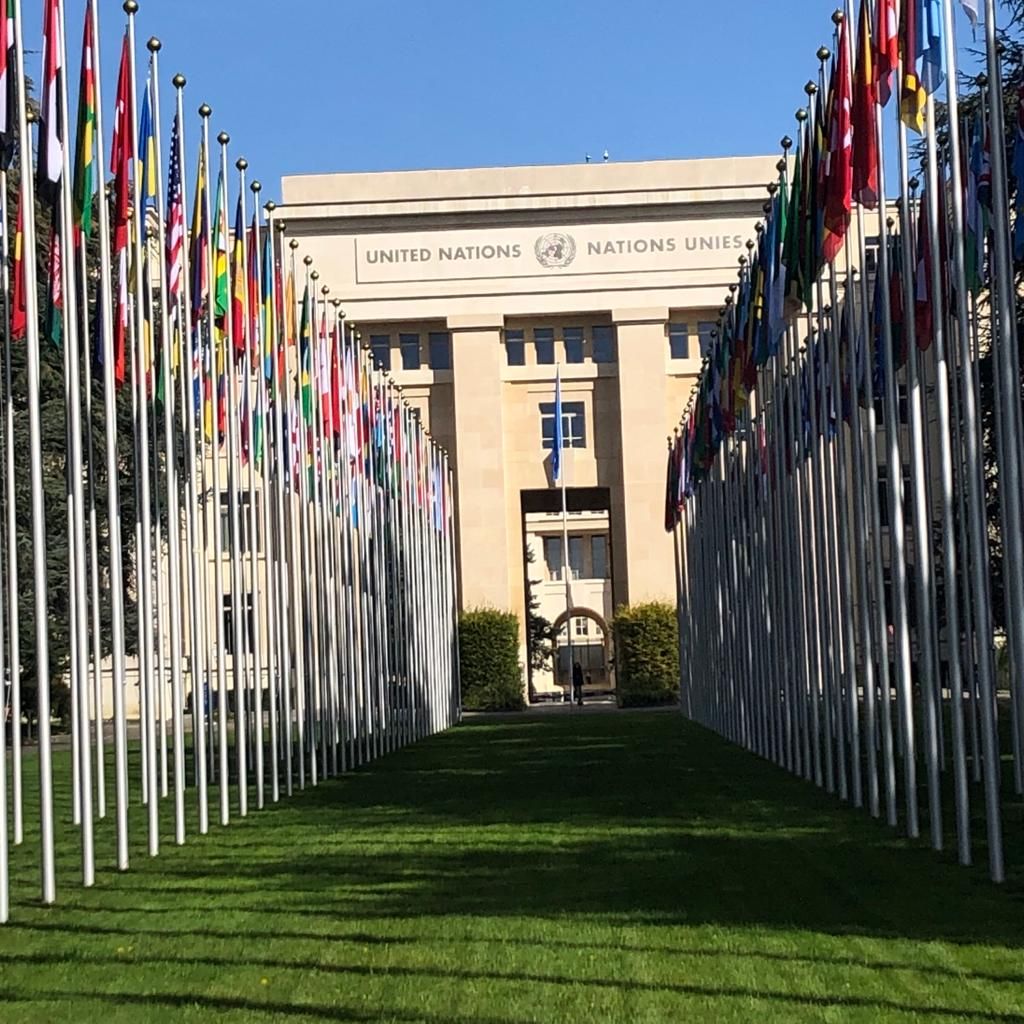
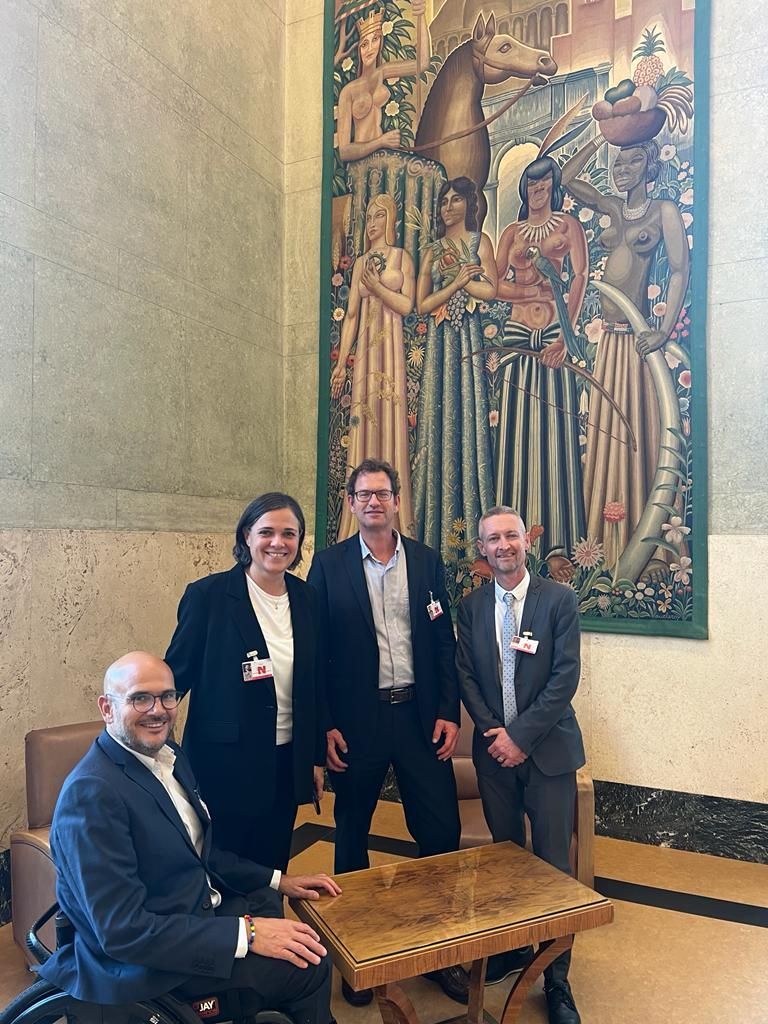
Better quality of life through accessible public transport
Public transport is more than just a means of transportation—it’s a vital connector, ensuring everyone, regardless of their circumstances, can partake in daily life. Whether it’s work, leisure, family visits, or medical care, mobility is a universal right.
15% of the global population have some form of disability and a staggering 750 million people face literacy challenges. Guaranteeing accessibility ensures everyone can take part in society.
And accessibility goes beyond catering solely to disabilities. It’s about a parent with a stroller, the 1 in 12 men with colorblindness, and every individual’s right to move freely in society.
Initiatives like UITP’s appeal to the UN aim to make buses more inclusive and appealing, thereby encouraging more people to embrace public transport. With over 400 bus operating companies and organizations under its wing, the UITP Bus Division continues its commitment to transforming urban transport for the better.
Membership benefits




